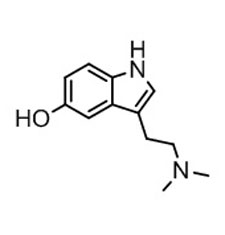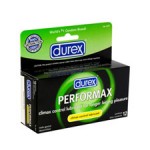5-HT (5-hydroxytryptamine) or seratonin receptors are located on nerve cells and have a role in the effects of seratonin. There are a number of receptors and it is known that activating one of them (5-HT2C) delays ejaculation. Activating another (5-HT1A) will promote rapid ejaculation. This is a relatively new area of study in the fight against premature ejaculation and new drug therapies are expected to evolve over the next few years as more research is carried out and published.
Antidepressants
Antidepressants SSRIs such as paroxetine are widely prescribed by doctors for premature ejaculation. We know that many of them are excellent reuptake blockers and this could explain at least part of the reason for their efficacy. Different classes of these drugs have a slightly different effect on the various receptors and this partly explains the variance in efficacy.
Other antidepressant drugs have similar properties, for example tricyclic antidepressants or unique drugs like nefazodone. Nefazodone is both a 5-HT2 antagonist and 5-HT/noradrenaline reuptake inhibitor. However, while many studies have shown success with tricyclics against premature ejaculation, nefazodone has not shown any difference to placebo.
The Future
5-HT receptors are known to be absolutely critical to the mechanism of premature ejaculation and recent studies by eminent researchers such as Dr Marcel Waldinger of Utretch University, a pioneer in premature ejaculation pharmacological treatment, appear to confirm a genetic link for men who have always had this problem.
It is likely that drugs will be specifically designed in future to delay ejaculation based on this mechanism rather than the current situation where patients may rely on drugs that have the accidental side effect of delaying ejaculation.










